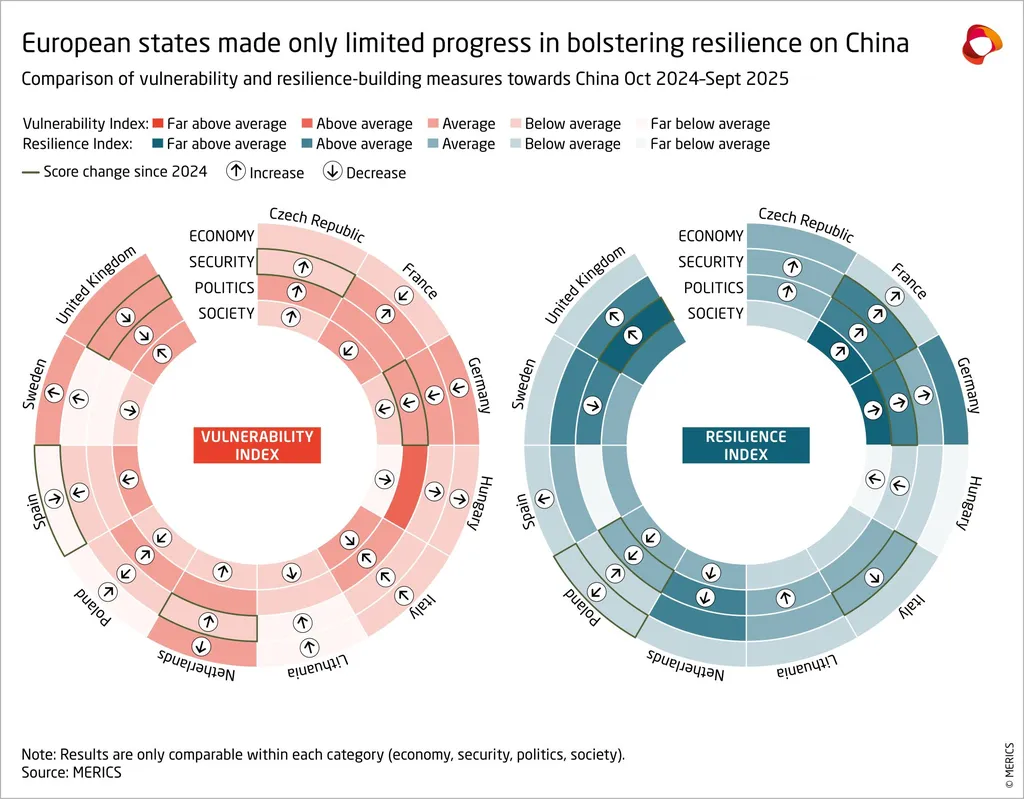In the wake of the COVID-19 pandemic, the maritime transport and trade relations between Hungary and China have been under the microscope, with a recent study shedding light on the impacts and resilience of these connections. Adrienn Boldizsár, from the Department of Information Technology at the John von Neumann University’s Faculty of Engineering and Computer Science in Hungary, led the research published in the European Transport Studies journal.
The study, which employed statistical methods, time series analysis, and correlation analysis, found that while global merchandise trade took a hit in 2020, maritime trade bounced back swiftly. However, this rapid recovery came with its own set of challenges. “The resilience of maritime transport and trade relations continued to show positive growth during the period under review,” Boldizsár noted, “but the short-term impact of COVID-19 did not significantly affect long-term trends.”
The pandemic initially caused severe disruption to supply chains, temporarily reducing global demand and creating economic uncertainty. This led to an overload of ports, increased freight rates, and reduced service reliability. Despite these short-term setbacks, the study highlights the robustness of maritime trade relations between Hungary and China.
For maritime professionals, the findings present both challenges and opportunities. The rapid recovery of maritime trade suggests a strong underlying demand, which could drive growth in the sector. However, the issues of port congestion and increased freight rates signal a need for improved infrastructure and more efficient logistics processes.
The study also underscores the importance of understanding the complex and interconnected nature of global supply chains. As Boldizsár puts it, “globalisation is making our planet’s systems increasingly complex and sophisticated. This includes supply chains, logistics processes, transport chains, and routes that link them.” This complexity, while challenging, also offers opportunities for innovation and optimization in maritime transport and trade.
In summary, the research published in the European Transport Studies journal provides valuable insights into the impact of COVID-19 on maritime transport and trade relations between Hungary and China. It highlights the resilience of these connections and offers a glimpse into the future of maritime trade in a post-pandemic world. For maritime professionals, the findings underscore the need for adaptability and innovation in the face of global challenges.

